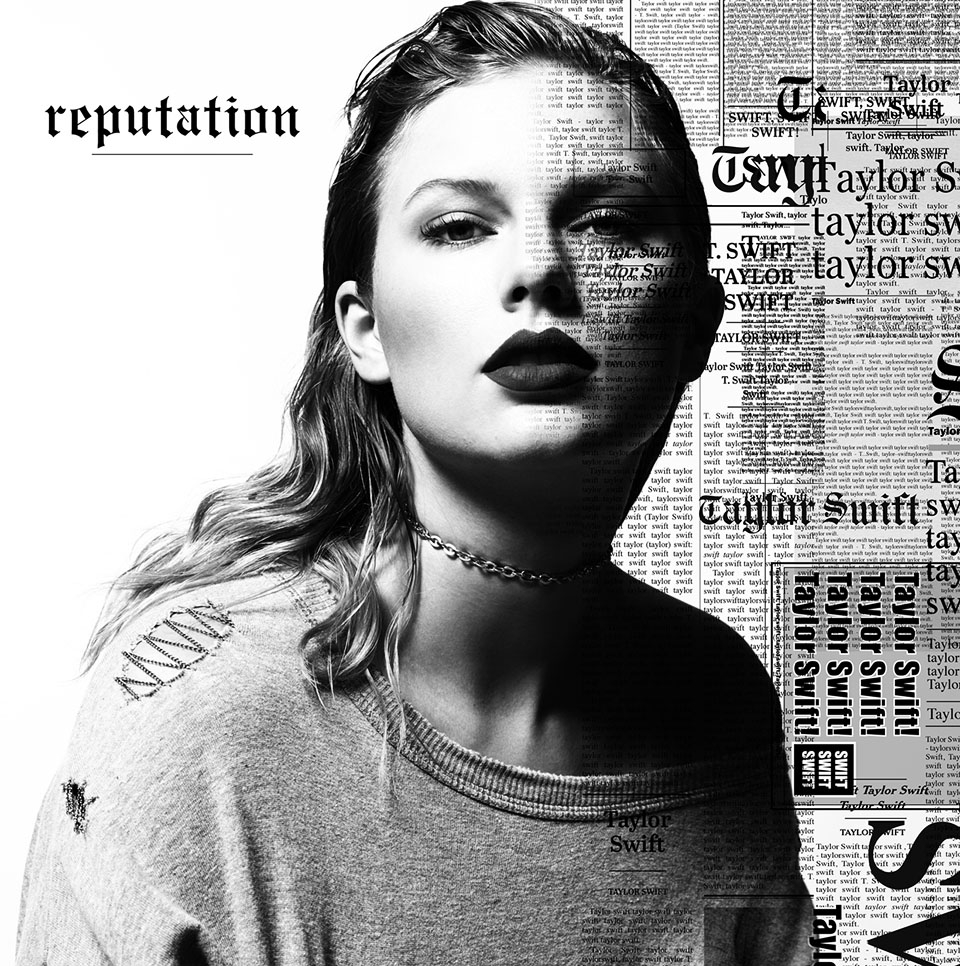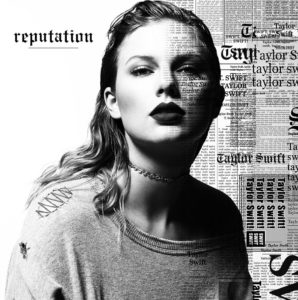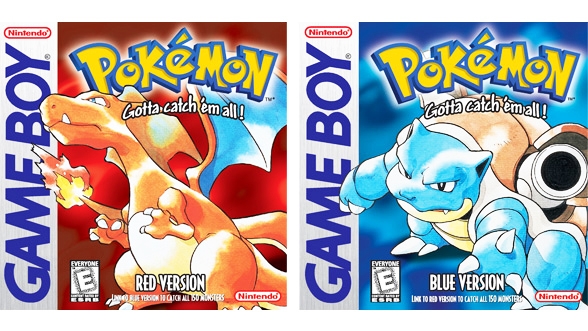

According to Swift’s label, pre-orders for ‘reputation’ were more than twice of those for her previous album.
Nicolas Jozefczyk | Staff Writer
11/16/17
The old Taylor Swift officially died, replaced with a more mature and sultry Swift, with her release of reputation. There is no question that this album makes a 180 degree turnaround from the music that Swift has released in the past, featuring adult tones, experimental instrumentation and confrontational vocals.
A lot of people blame Swift for acting like victim in every circumstance, whether that feeling is truly validated or not. The lyricism in reputation spotlights how aware she is regarding this criticism. Throughout this album, there is no place where Swift passes off blame, instead taking control of every situation encountered.
This change in Swift’s narrative creates a stronger, more professional version of herself. “Getaway Car” forms the perfect example of this shift from the woman who released 1989 to the boss that designed reputation. Earlier in Swift’s career, it would not be shocking to hear a song revolving around the idea she was dumped by a horrible man. No longer being a victim, in this track, she is the one in control of the relationship, leaving him behind when the relationship turned bad.
There is one instance in the album that seems just a bit petty, but it is very slight and easy to miss. This small string of lyrics seems to be yet another response in the Katy Perry and Swift feud rooted in Perry’s lyrics, “And karma’s not a liar / She keeps receipts,” which seemed to be a jab at Swift. As a response to Perry, in Swift’s “I Did Something Bad,” she answers by saying, “They’re burning all the witches, even if you aren’t one / They got their pitchforks and proof, their receipts and reasons.” Again, this does not detract from the album, but it does show that Swift is not backing down from this quarrel anymore.
Swift’s songs create a mood that no longer focuses on the preteen, adolescent audience that she originally wrote for. Instead, reputation’s tone switched to be much more suggestive and mature. The track “Dress” highlights this shift the best. Gone are the days of carving initials into a tree; Swift now wants to get drunk together, have you take off her dress and carve your name into her bedpost. Innocence has no place in reputation, and honestly, the album displays a side of her that has not yet been explored.
The instrumentation of reputation fits the mold of the current pop scene, but manages to be creative at the same time. Guitar and piano are on the backburner in this album, replaced instead with electronic melodies and unconventional sounds. “Gorgeous,” for example, uses a small child’s voice in the beginning of the song. The electronic melodies greatly aid the overall mood of reputation and keeps a rolling force throughout the album until the end.
The ability of reputation to not lull at all with 15 tracks — lasting just short of an hour of playtime — surprises to say the least. Most albums with long track lists have at least one or two songs that act as filler, or just do not seem to fit the overall mood.
The layout of reputation is also worthy of praise. The ending track, “New Year’s Day,” features Swift’s vocals and piano-playing skills and perfectly wraps up the album, almost as if the past 14 melodies were an entire year.
Swift’s newest album, reputation, came out of nowhere and created a fresh sound not expected from her. The sweet-girl and victim-narrative has been thrown out the window and is replaced with an unapologetic queen that speaks her mind. Any fan of pop music needs to listen to reputation. It is truly an impeccable example of the current tide of the genre.



